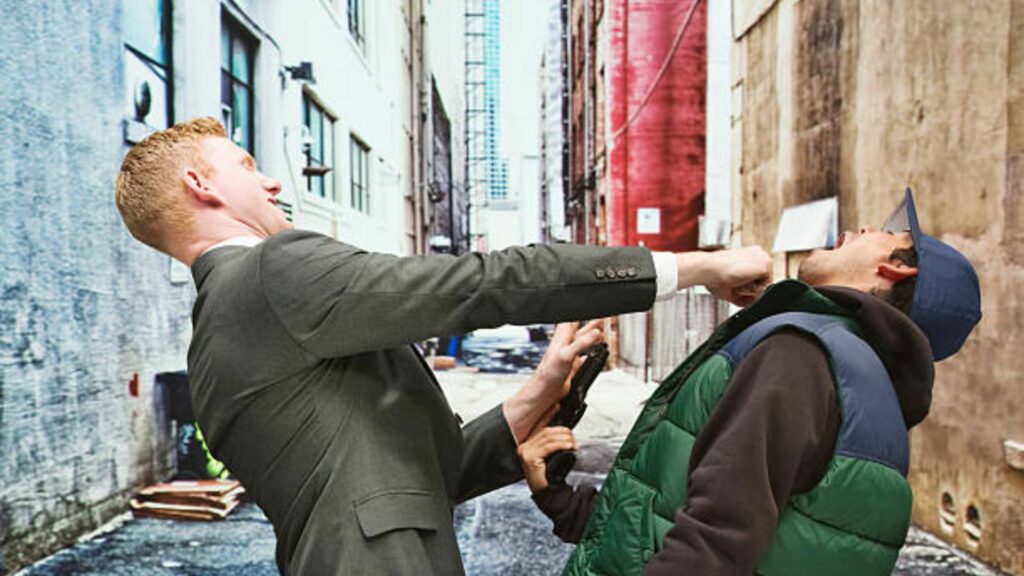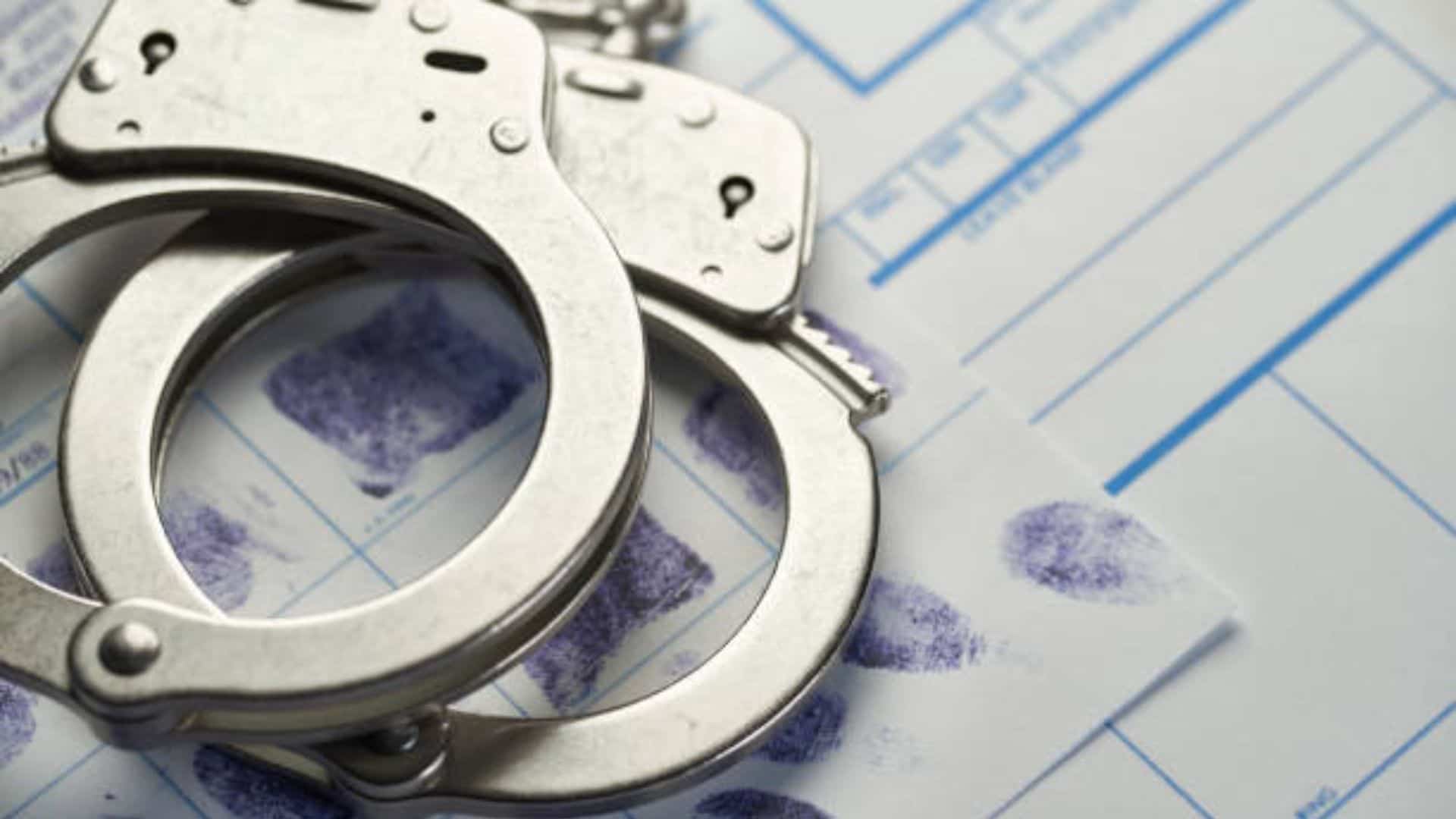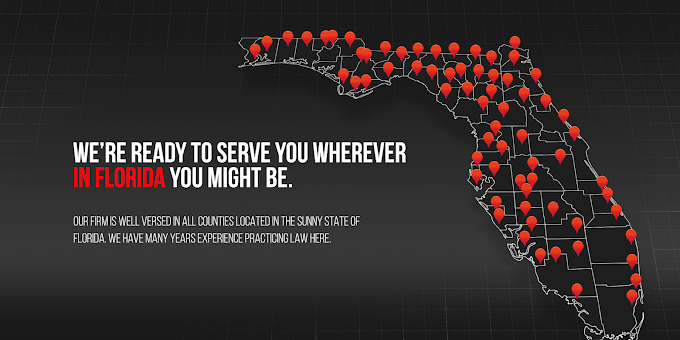






One of the essential aspects of civic responsibility and legal empowerment is citizen’s arrest in Florida. The thing is that understanding citizen’s arrest is vital to uphold justice and ensure community safety.
With this, civilians are allowed to detain individuals suspected of committing crimes until law enforcement intervenes.
This article explores the nuances of citizen’s arrest, covering its definition, legal implications, and practical application. Whether you’re seeking clarity on the process or considering your role in maintaining law and order, this guide is for everyone.
Florida citizen’s arrest allows regular people to hold suspected criminals until the police come. This principle is based on common law and shows the state’s commitment to community safety and active citizen involvement in law enforcement. But making a citizen’s arrest means taking on big responsibilities and legal issues.

Though citizen’s arrest gives people the power to act against crime, it’s crucial to be careful and work with law enforcement. This ensures justice is maintained within legal limits.
A misdemeanor citizen’s arrest pertains to detaining individuals suspected of committing minor offenses or breach of the peace, which typically involve less serious infractions compared to felonies and are punishable by fines, community service, or incarceration for up to one year in county jail.

Examples of misdemeanor offenses that may warrant citizen’s arrest include:
However, it’s crucial to exercise caution and discretion when considering a misdemeanor citizen’s arrest.
Individuals must have reasonable grounds to believe that a misdemeanor offense has occurred and that the person being detained is the perpetrator. Additionally, any use of force during the arrest must be proportionate and necessary to prevent harm or escape.
Misdemeanor citizen’s arrests help community members enforce the law and keep order. However, it’s important to prioritize safety and cooperate with law enforcement authorities.
In Florida, a felony citizen’s arrest refers to the apprehension and detention of individuals suspected of committing serious criminal offenses categorized as felonies. Felonies are crimes of a grave nature that typically carry higher penalties, including imprisonment for more than one year in state prison.

Who can make a felony arrest? Felony citizen’s arrests empower ordinary citizens to take immediate action when witnessing severe criminal activity that poses a threat to public safety or the well-being of individuals within their community.
Examples of felonies that may warrant citizen’s arrest include:
However, it’s essential to approach felony citizen’s arrests with caution and adherence to legal guidelines. Individuals initiating such arrests must have reasonable grounds to believe that a felony offense has occurred and that the person being detained is the perpetrator. Any use of force during the arrest must be proportionate and necessary to prevent harm or escape.
While felony citizen’s arrests emphasize the importance of community vigilance against serious crime, prioritizing safety is paramount. Collaborating with law enforcement authorities during the procedure is also advisable.
Performing a Florida citizen’s arrest requires a clear understanding of legal principles and adherence to established procedures to ensure the safety of all parties involved. Here are key steps to consider on how to perform a citizen’s arrest:

Also Read: How Much Does It Cost For An Expungement in Florida?
By following these steps and exercising caution, individuals can make citizen’s arrests responsibly and help maintain law and order in their communities.
Yes, Florida law permits citizen’s arrests under specific conditions, but individuals must adhere to legal guidelines.
Citizen’s arrests trace back to English common law and have been recognized in the United States since colonial times.
Citizen’s arrests have led to successful apprehensions. But then, outcomes may vary based on circumstances and adherence to legal procedures.

























